BelloLudi Review: Team Building Through Warfare
July 12, 2021 by avernos
Last year I took a look at a prototype copy of BelloLudi a set of rules for Horse and Musket warfare written by Peter van Dop to use as a team-building tool for companies. Towards the end of the year, he published a set for fighting out Ancients and this year the 19th and 20th Century has been given a similar treatment so I thought it only fitting to take a look at these to see how the initial ruleset has been adapted for the new eras of conflict.
BelloLudi's Pantheon Of Pamphlets
So what is BelloLudi all about then? As I said with the initial rules for the Napoleonic era were written as a simplified set of rules that could introduce non-gamers into playing wargames as part of team-building exercises.
BelloLudi Rifles // De Re BelloLudi
This means that they take a light touch while still giving options to the players and requiring them to implement plans, make decisions, and deal with the consequences if all does not go to plan.
Gaming Periods
So there are currently five sets of rules available from the Ancient world to the Second World War and they fall into two broad categories, formed and skirmish combat. De Re and BelloLudi deal with warfare from ancients through to horse and musket in a robust way. Units are able to do what you would want them to do marching in lines or columns, forming squares and generally smashing into each other in spectacular ways. Or if you want a herd of elephants to stampede through a warband of invading barbarians then that is equally doable.
The Skirmish rules allow conflicts to be fought in the Colonial Period, the First, and Second World Wars. Formations are removed or reduced to open or closed order to allow a better representation of the conflicts that they cover. Vehicles including planes and tanks have been added and optional rules for offboard artillery and prepared defensive positions have all worked their way in by the time we get to 1939. So while the rules may be brief they still give a definite feel of the period and type of warfare that occurred and the Sudan plays out very differently from the Somme or Stalingrad.
Command Dice // BelloLudi
To introduce some Fog and Friction to your games units, or groups of units, are given orders by their player via Command Dice. The dice are numbered 0, 1, 2, 3 and B and are rolled first before orders are given and in some instances, like firing in the skirmish rules, actions may be free. If the big red B comes up then things have gone awry and there is a Blunder table to be rolled on.
On the surface, the BelloLudi games share similarities to Warlord's Black Powder that inspired Peter but with a much simpler core which is ideal for his goals of making wargames that can be played by non-gamers. All of the rules allow games to be played out quickly without having to stop to explain things that dyed in the wool gamers take for granted but would slow down a team of accountants from Dudley, they do this by being concisely written, with the longest book being only 29 pages long, but even then the rules contain additional options for your games at the end.
BelloLudi Card Decks
The optional card decks add both tactical choices, a bit of whimsy, and help keep people engaged if playing a large participation game. Containing a mix of positive and negative cards choosing who gets them and when they play them all adds to the team building aspect and engagement while they are waiting for their turn to come around again which is key. There are no hard and fast rules about how many to get or how to distribute them if you do choose to use them although a hand limit of 6 per side is suggested. I personally find that burning through the deck quickly is much more fun than waiting for the ideal time to use one specific card in the hopes of changing the game.
Are They For Me?
So why would you want to buy these rules if you aren't into running Team Building exercises? The first thing that drew me into BelloLudi was the idea that these would be perfect for large participation games, be they at a club or convention. Often when running games people will write or heavily modify rules to get something that is fast to teach and easy to play and Peter has done just that, the optional rules for terrain and grades of troops mean that you have a great deal of customisation beyond the basic game and while they won't be as accurate as a 300 page bespoke set of rules for the Peninsular campaign they more than adequately do the job.
The second thing about them is they are easy to pick up again, so if, like me, you play a lot of games and periods there can be a ton of page-flipping trying to remember how to play again after being away for months. These can happily sit on the shelf and be pulled out and played with the briefest of refreshers and you'll still get a thoroughly engaging game out of them. They're also a great tool to introduce people to new periods or historical wargaming in general with a solid set of rules that they can pick up and retain without a Quick Reference Sheet that is eight pages long.
Personally, I would recommend them to anyone who has an urge to play big games or for clubs as a great way to introduce new players, what they lack in granularity they more than make up for with accessibility which many people often cite as the biggest stumbling block for getting involved with historicals. If you already have your favourite rules for a particular period you should consider picking up one of the card decks, they are generic enough that the in-game effects on the cards will work with most rule sets out there without needing any additional work, and for the ones that don't, it may simply be a case of changing disorder to casualty or morale. You'll soon find that even a familiar system feels very different with that simple addition.
Wargaming entertains, for it stirs the imagination, wargaming is a learning experience, for it triggers the intellect and wargaming engages, for it stimulates the intuition...
Supported by (Turn Off)
Supported by (Turn Off)
"...while the rules may be brief they still give a definite feel of the period and type of warfare that occurred"
Supported by (Turn Off)





























![How To Paint Moonstone’s Nanny | Goblin King Games [7 Days Early Access]](https://images.beastsofwar.com/2024/12/3CU-Gobin-King-Games-Moonstone-Shades-Nanny-coverimage-225-127.jpg)




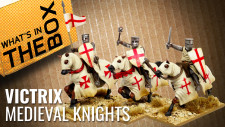






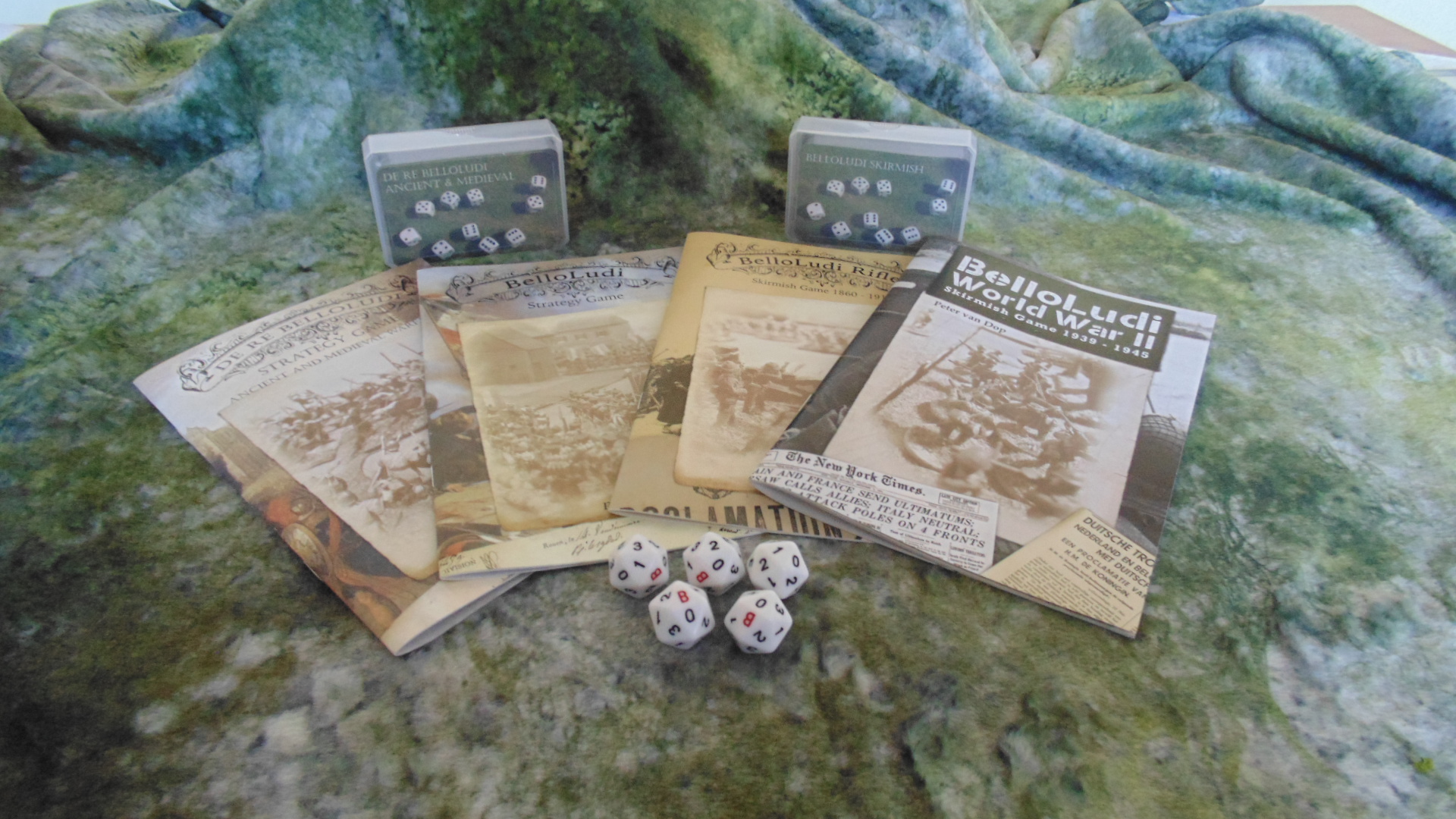
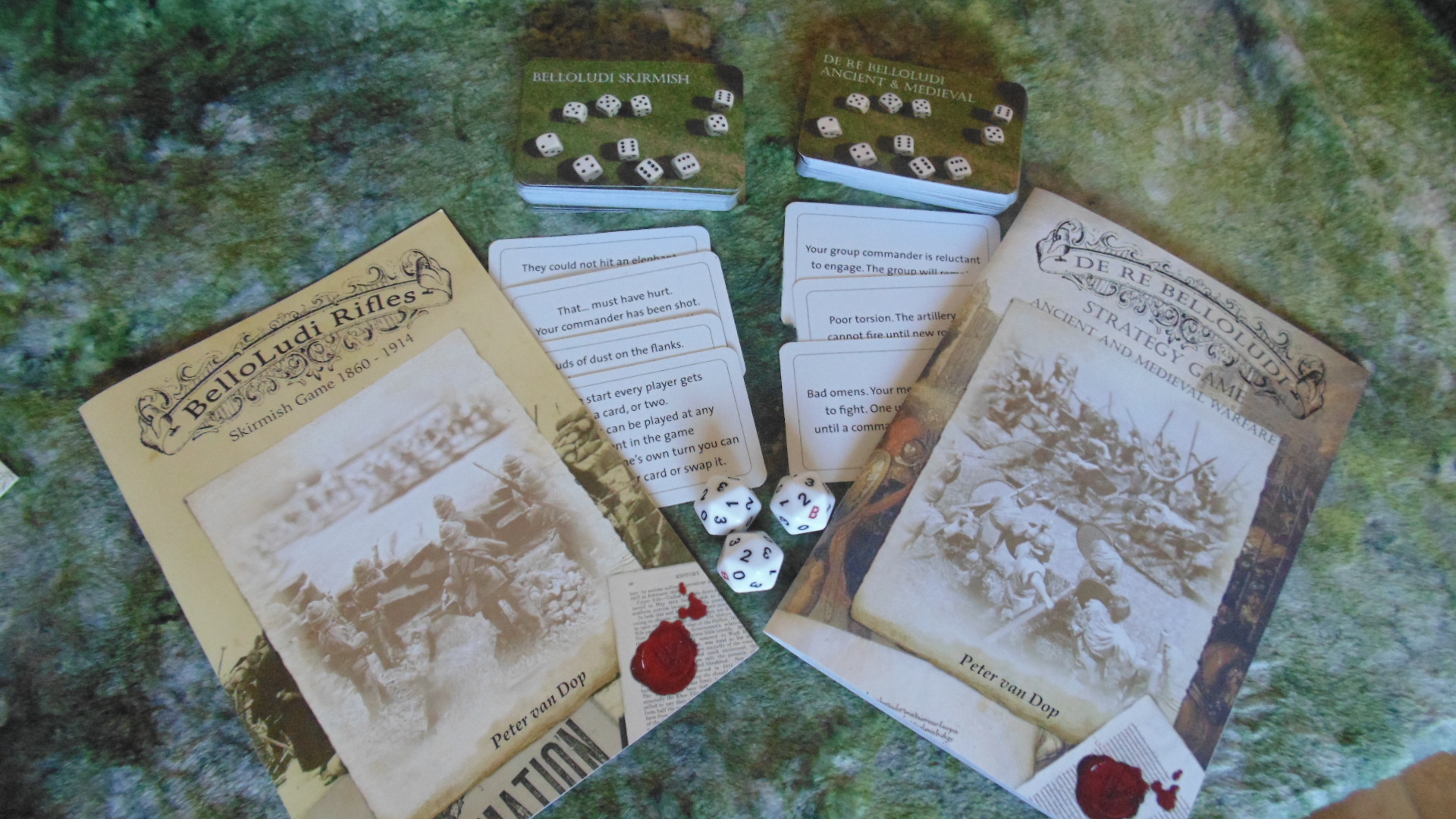
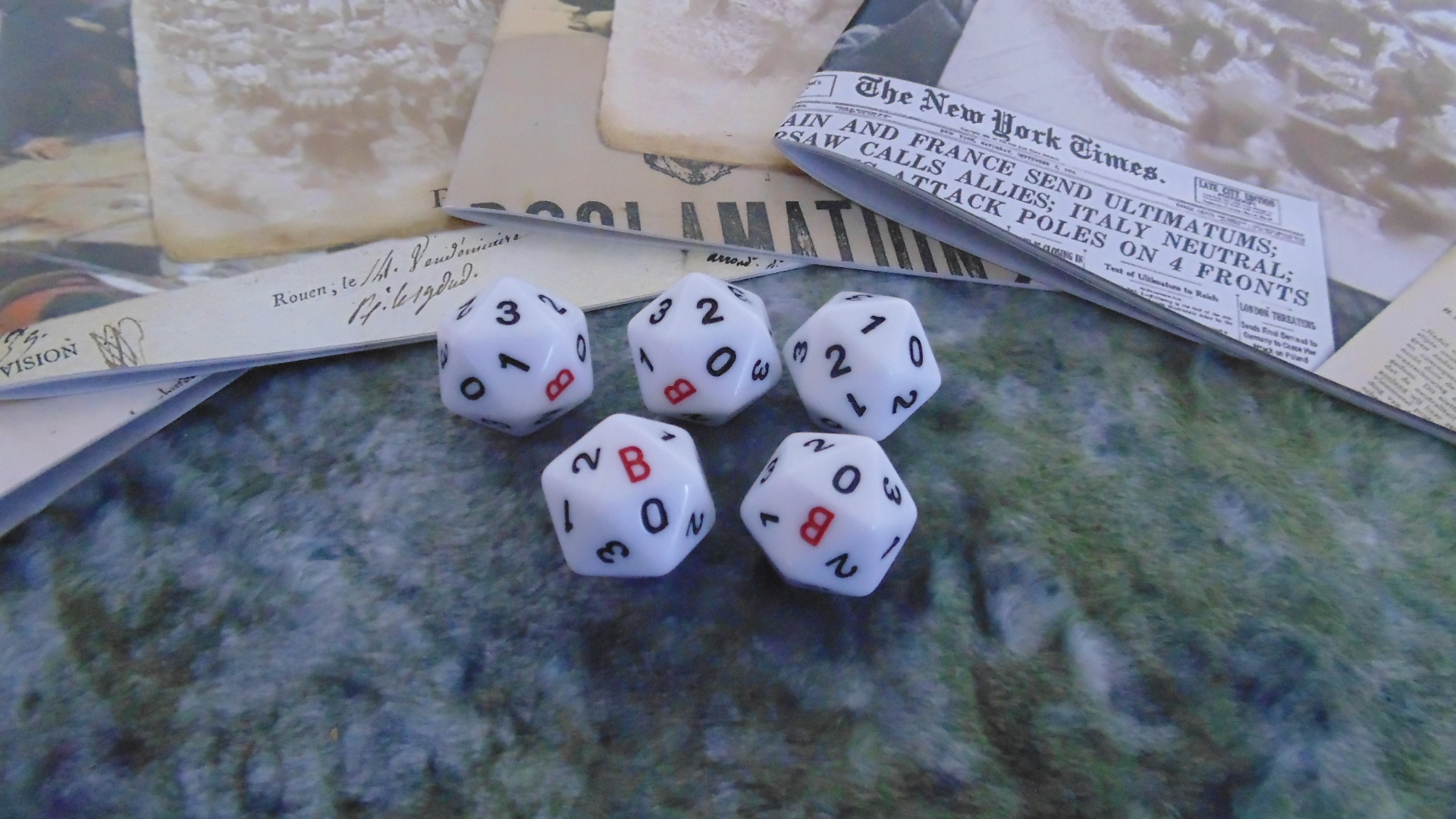
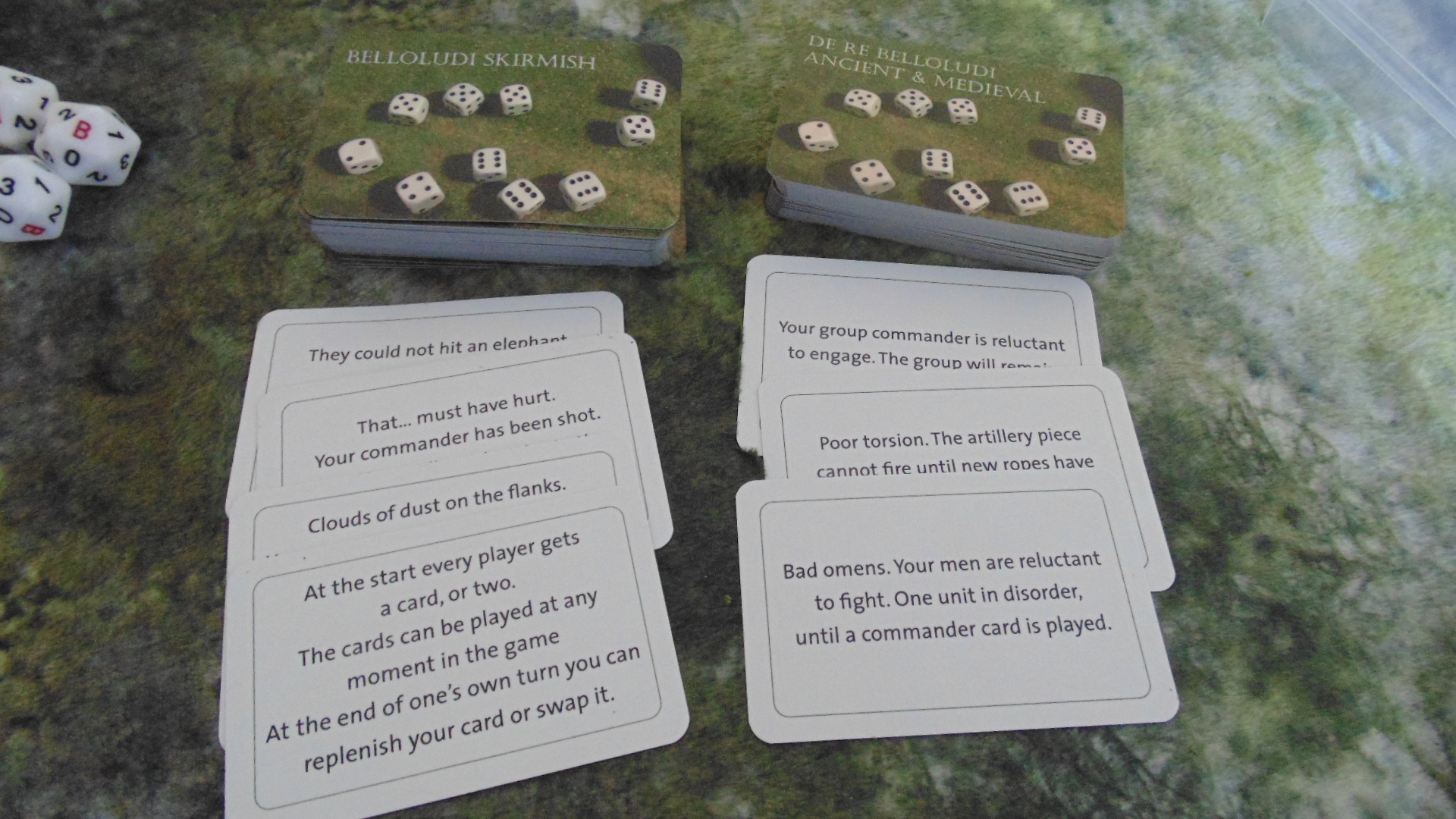


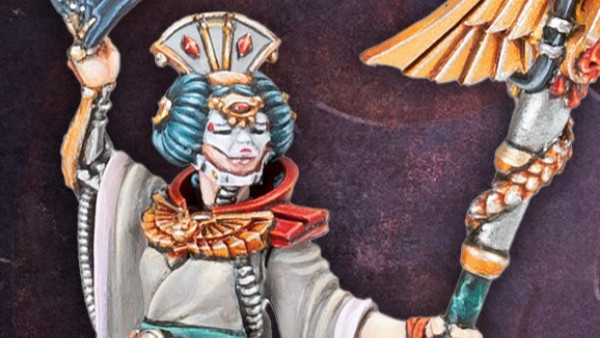

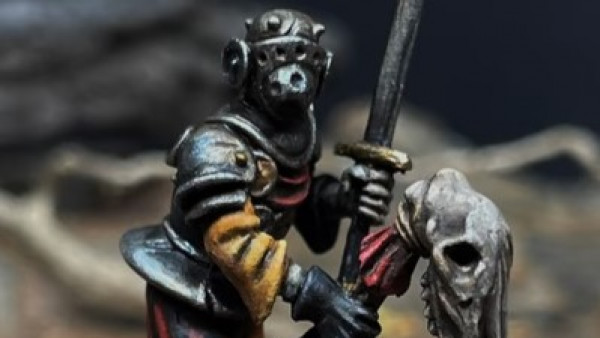


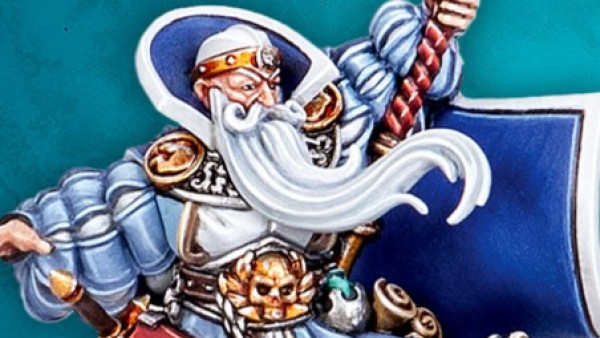

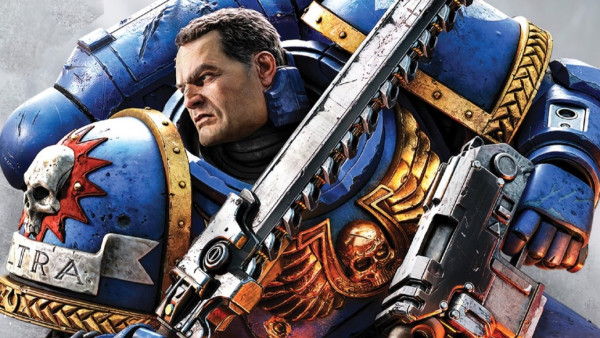



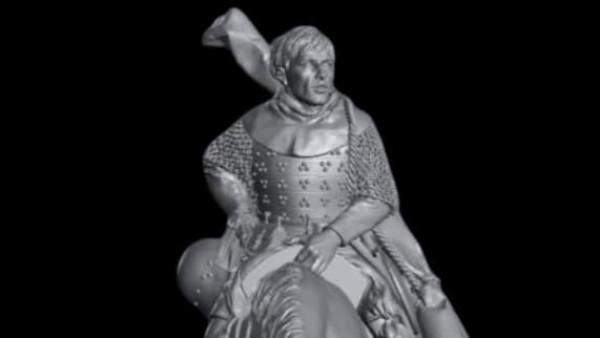
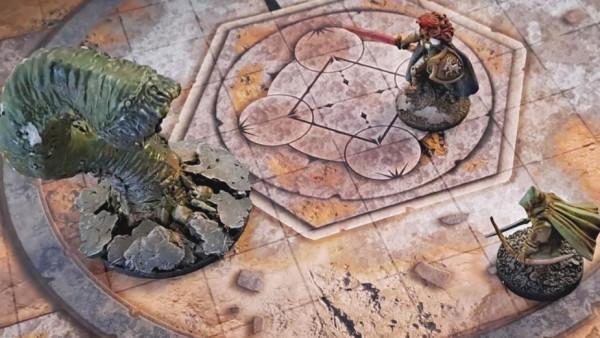
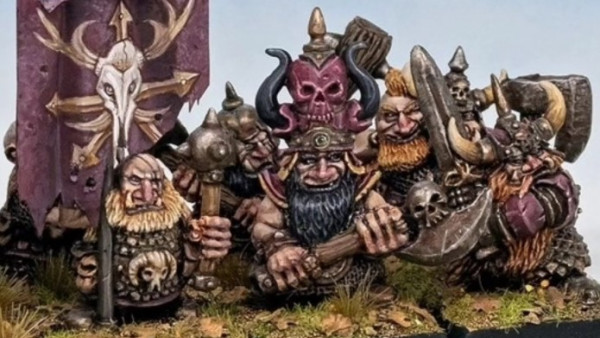
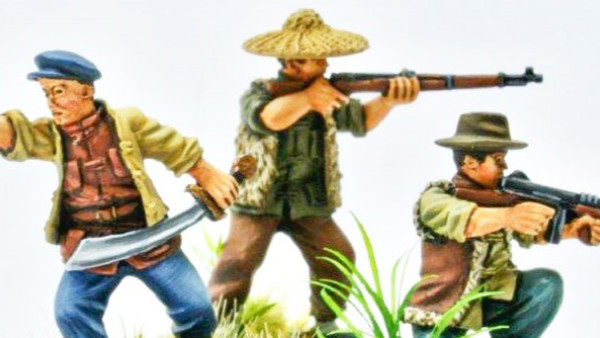

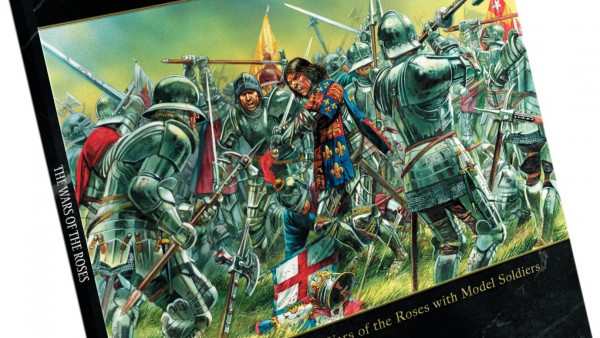
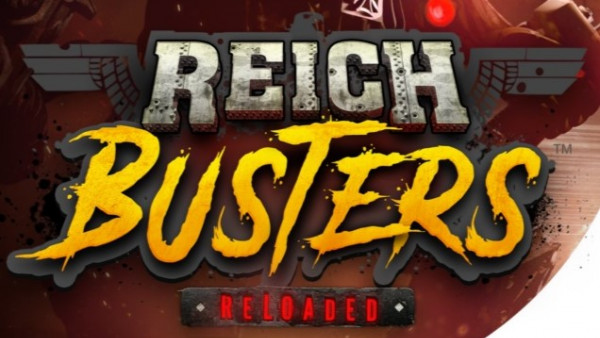
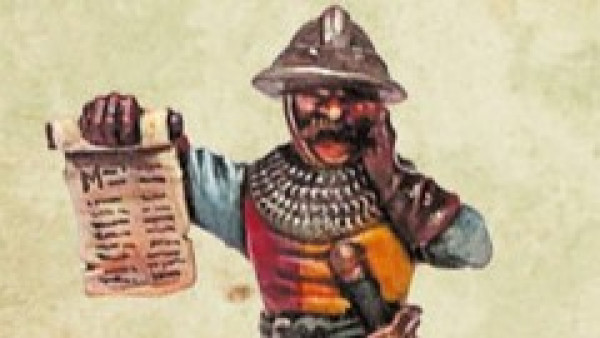
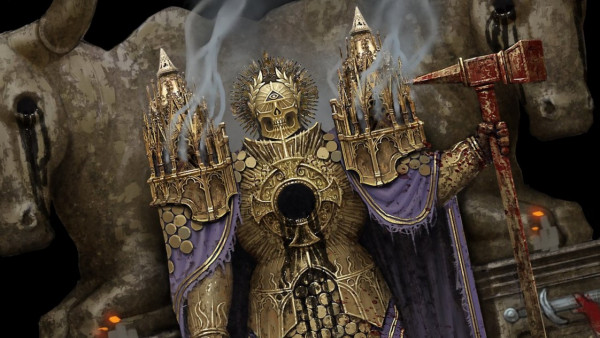
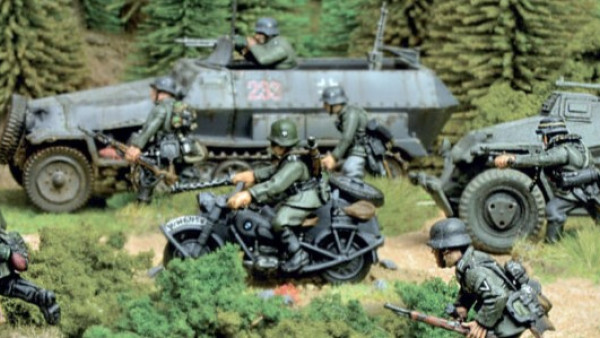
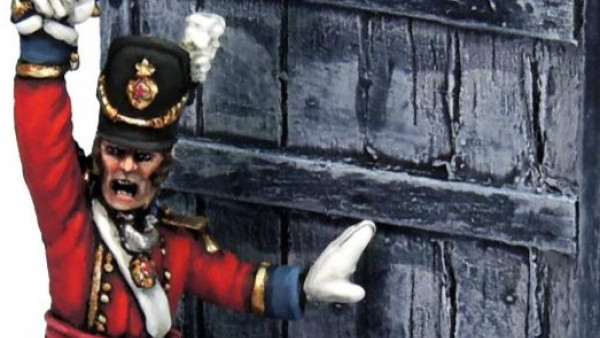
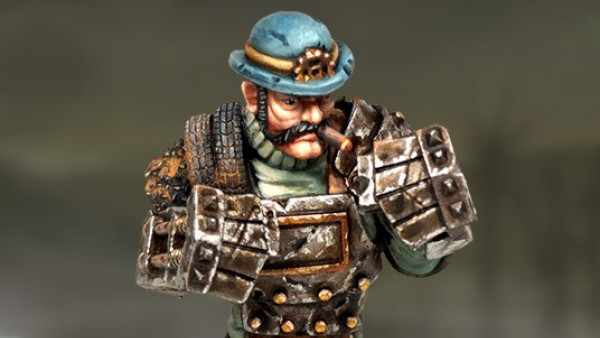
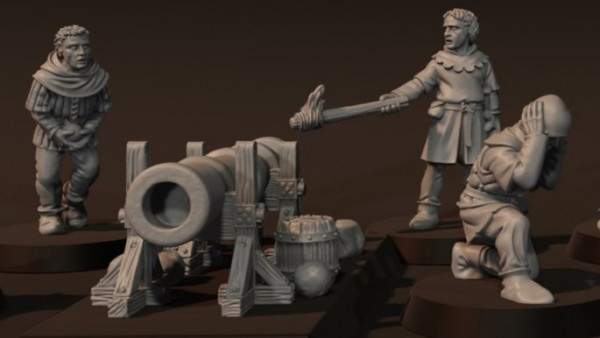

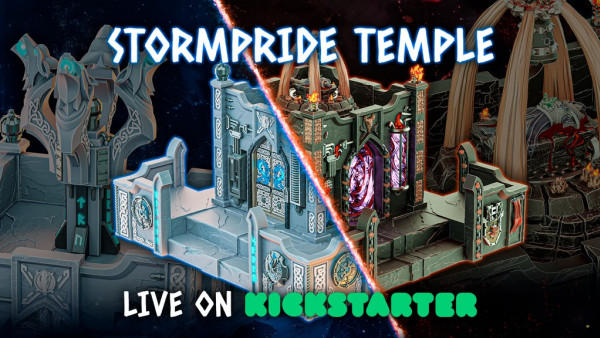
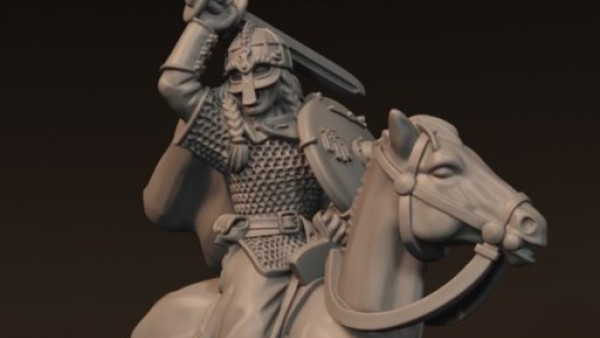
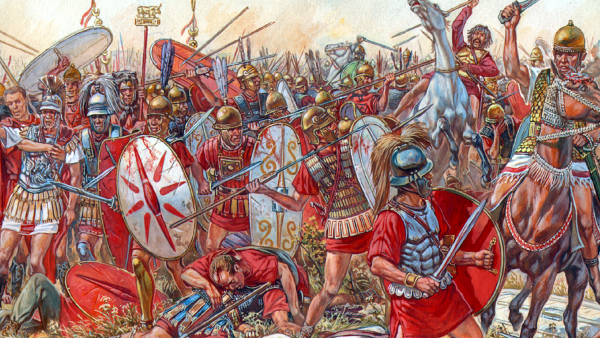

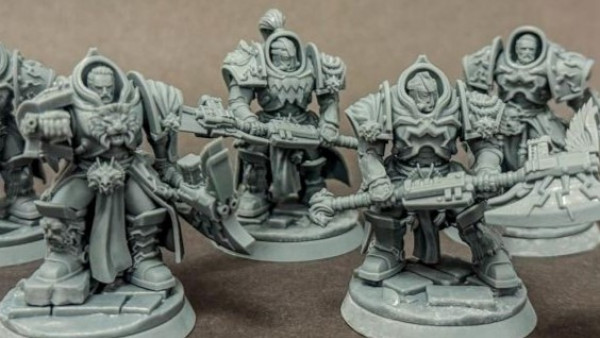
This is interesting. Im gonna have to check these out.
I am planning on a playthrough of one of the sets, but it could be a while before it pops up on the site. Really nice rule set and Peter has just finished ACW I think as well
ooh cool … Dutch rules
and they’ve got Dutch units for WW 2 …
Nice review/overview. It says on their website that it works well for two players too, would you agree @avernos?
yes they work fine for two players, with the added bonus that you can learn them very quickly
i would like to see this as a play test with NON wargamers. I want to see how a wider group of people would feel playing it and also what they felt they learnt etc afterwards. Would be an interesting video potentially
If its using brigade activations and units can take on different formations what’s the minimum game area one might reasonably get away with here?
at 28mm you can play it fine on a standard 6×4 table. If you drop scales you could potentially run it on a smaller board substituting inches for centimeters